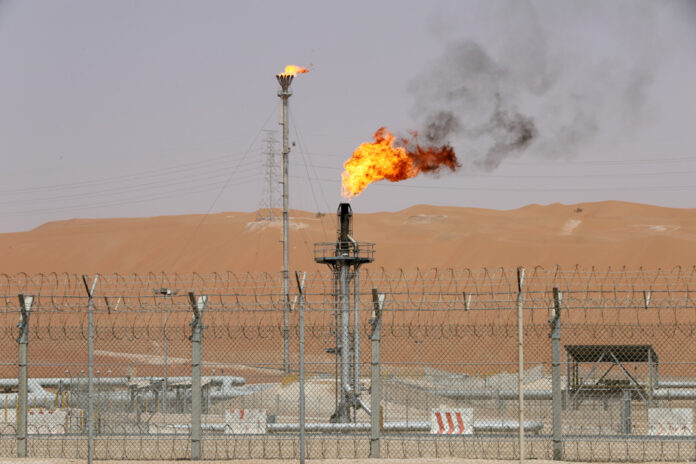(Riyadh) Saudi Arabia seeks to “artificially stimulate oil demand” even as the kingdom publicly supports a transition away from fossil fuels, says a report days before the opening of COP28 in Dubai .
The report was released Monday by Britain’s Channel 4 and the Center for Climate Reporting, an investigative journalism NGO specializing in climate change.
It focuses on the Oil Demand Sustainability Program (ODSP), launched by Saudi Arabia in 2020 to ensure that hydrocarbons “continue to be part of the global energy mix, in the most efficient and effective way. sustainable,” according to the ODSP website.
But according to the report, this program seeks in particular to maximize the use of oil-powered vehicles in Asia and Africa.
The leading oil exporter also supports fuel-intensive supersonic air transport and encourages, in developing countries, the establishment of energy infrastructure that uses Saudi oil, according to the text.
The report was published a few days before the opening of COP28 on Thursday in Dubai, where officials from the energy sector, Saudi Arabia and the United Arab Emirates, another oil producer, pleaded for continuation investments in fossil fuels in order to ensure energy security, while ultimately considering a transition towards abandoning this energy.
The ODSP “aims to boost oil consumption in Asia and Africa, with the ultimate goal of protecting Saudi oil revenues in the face of initiatives to phase out fossil fuels,” the report notes.
In a phone call – transcribed in the report – to an ODSP official, journalists, who did not identify themselves as such, asked whether Riyadh’s aim was to “artificially stimulate demand in certain key markets”. , to which he replied: it is “one of the main objectives that we seek to achieve”.
Saudi authorities did not respond to a request for comment from AFP on Tuesday.
In 2021, Saudi Arabia committed, before the COP26 summit, to achieving net zero carbon emissions by 2060, sparking skepticism from environmental organizations.
COP28, a major meeting of the international community to discuss the climate under the aegis of the UN, is being held this year in the emirate of Dubai, one of the seven in the United Arab Emirates.
The choice of the boss of the Emirati oil company Adnoc to chair COP28 was strongly criticized by environmental defenders.
But some observers believe that COP28 offers an opportunity to finally talk concretely about the issue of fossil fuels.















